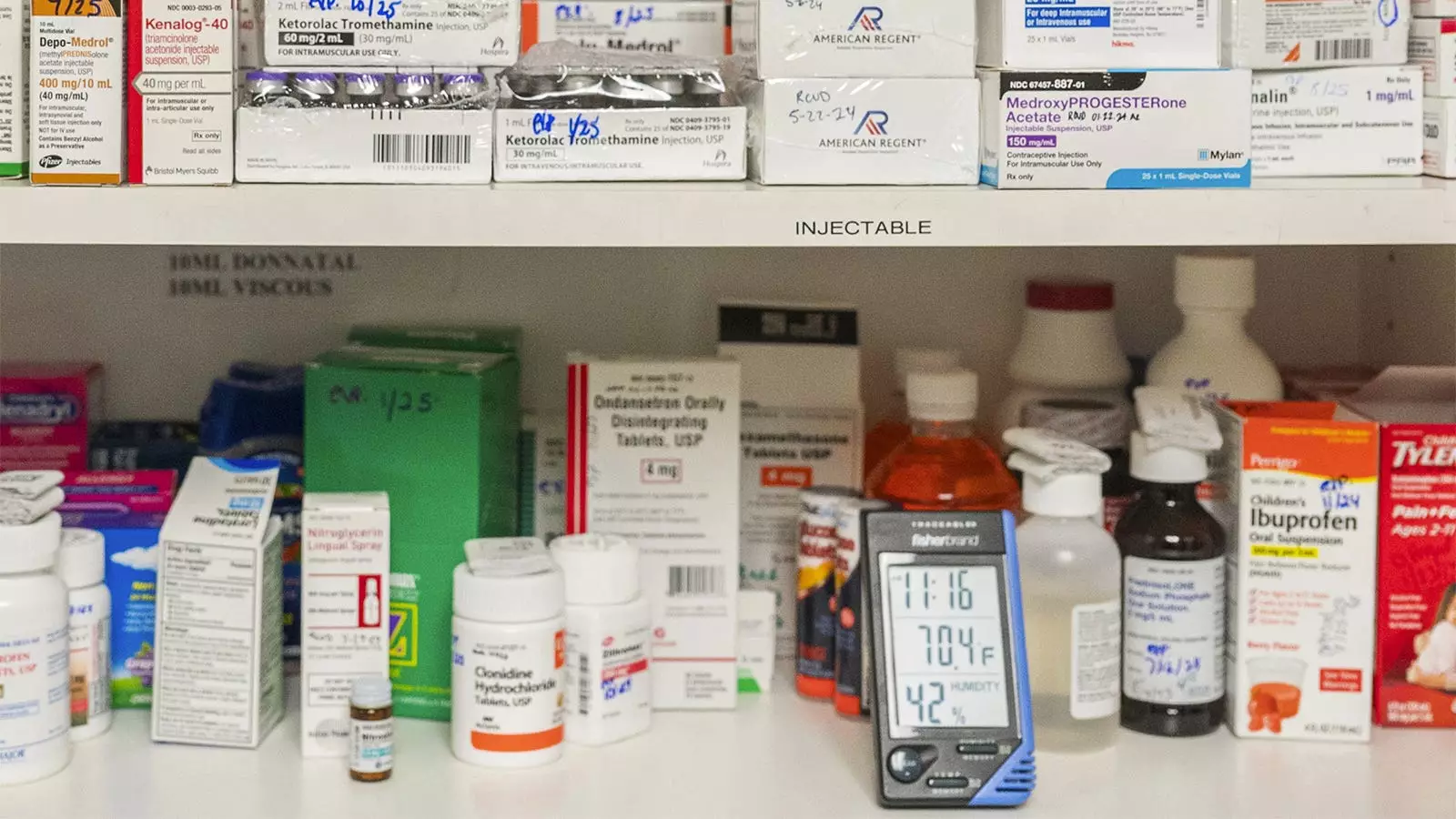High temperatures can do more than just cause heat-related illnesses. They can also have a significant impact on the effectiveness and safety of various medications. Medicines like insulin that require refrigeration can be damaged, inhalers can explode, and Epinephrine injectors can malfunction. The combination of heat and certain medications can lead to dehydration, decreased awareness of dangerous heat, hindered ability to stay cool, and other side effects. This can result in lightheadedness, falls, and an increased risk of health issues.
Certain medications are particularly susceptible to the negative effects of heat. For instance, blood pressure pills that reduce fluid in the blood can cause dehydration. Beta blockers may decrease blood flow to the skin, making it harder for the body to regulate its temperature. Some antidepressants can make it difficult to stay cool, while over-the-counter pain relievers can decrease fluid and sodium levels, compounding the heat-related issues. It’s crucial to be aware of the potential side effects of your medications and how they could be affected by high temperatures.
Storing medications properly while traveling can be challenging, especially in hot weather. Medications should ideally be kept in a cool, dry place, unless they require refrigeration. When traveling by car, it’s recommended to carry medication in a cooler to prevent exposure to excessive heat. Similarly, when flying, keeping medications in your carry-on bag is advisable to avoid extreme temperatures in the cargo hold. It’s essential to check the storage requirements of your medications before heading out on a trip.
Mail-order pharmacies are responsible for ensuring that medications are stored and transported at appropriate temperatures. However, there can be instances where medications are exposed to heat during delivery. If you receive medications by mail and suspect that they have been damaged by the heat, it’s important to contact the pharmacy immediately. Special packaging with ice packs and temperature monitors can help protect sensitive medications during transit.
While there is awareness of the risks associated with heat and medications, researchers highlight the need for more scientific evidence in this area. Some common warnings about heat and drugs lack substantial backing. Studies have shown that behaviors like staying out of the heat may be more effective than altering medications. As climate change continues to impact temperatures, understanding which medications are most vulnerable to heat-related issues is crucial. Further research is needed to identify the medications with the highest risk factors in hot weather.
The relationship between heat and medications is a complex and important one. Being proactive about understanding the risks, storing medications properly, and advocating for more research in this area can help ensure the safety and efficacy of medications in extreme heat conditions. By staying informed and taking appropriate precautions, individuals can protect their health and well-being in the face of rising temperatures.



Leave a Reply